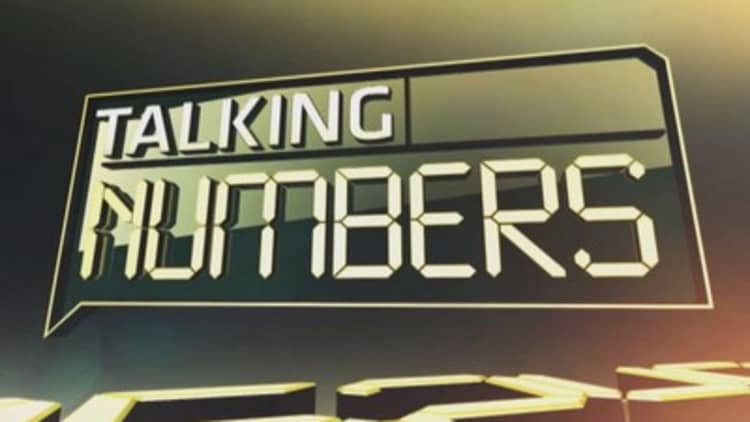
Pimco's Bill Gross is buying bonds.
That normally wouldn't be a big deal. After all, with nearly $2 trillion under management, Pimco is one of the world's largest bond fund managers.
But, what is important is the type of bond Pimco is buying. They're betting that shorter-term bonds are now a better buy than longer-term bonds.
(Watch: Why Pimco's Bill Gross fears Fed taper)
As most investors are familiar with, the Federal Reserve Bank has been buying US Treasury and mortgage bonds from financial institutions for the last five years. Since December of last year, they've been doing so at a rate of $85 billion each month. This stimulus policy, known as "quantitative easing" (QE), add dollars into the economy and lowers interest rates because higher bond prices lowers bond yields.
But, the Fed didn't just buy bonds straight out of the market. A couple of years ago, they also began selling a total of $687 billion in shorter-term bonds (bonds under six years to maturity) and using the proceeds to buy longer-term bonds (bonds with six years or more left to maturity).
Known as "Operation Twist" – the first time it was done was when Chubby Checker's song was a hit – the idea was to raise long-term bond prices (and thus lower long-term interest rates) at the expense of short-term bond prices (thus raising shorter-term interest rates). As mortgage rates are tied to longer-term interest rates, lower rates would help housing, one of the most important spending items for the average consumer.
When the Fed started the its first round of Operation Twist in September, 2011, yields on a 3-year Treasury note were 0.31% while the 30-Years were yielding 3.26%. By the end of 2012, the 3-years were at 0.36% but the 30-years were at 2.95%. Thus, the spread between the two dropped 36 basis points from 2.95% to 2.59%. As of Wednesday, the 3-year bond's yield was at 0.61% while the 30-year is back up to 3.83%, making the spread between the two 322 basis points wide.
(Read: Taper, no taper—where does Yellen draw the line?)
However, Bill Gross thinks that even if the Fed starts tapering its $85 billion monthly bond-buying, it will happen more to long-term bonds relative to short-term bonds.
So, is Bill Gross right about what type of bond-buying will be tapered? And what does that mean for rates on the US Treasury's 5-year bond?
On the technicals is Talking Contributor Richard Ross, Global Technical Strategist at Auerbach Grayson. He believes that shorter-term rates are going up, too.
Looking at the fundamentals, CNBC contributor Zachary Karabell, president of River Twice Research, says that at least part of Gross' thesis is correct. In particular, Karabell doesn't think short-term rates will spike quite the way it did back in June when taper talk began. However, he is less confident that Gross is right about longer-term bonds going up a lot. Karabell's reasoning has to do with worldwide fundamentals.
"I think one of the reasons why rates are low is not just because of what central banks are doing but just because of capital is cheap globally because of the creation of lots of middle class labor," says Karabell.
Talking Contributor Richard Ross, Global Technical Strategist at Auerbach Grayson, believes that shorter-term rates are going up. Looking at the technicals, Ross says, "Those charts are telling me that interest rates are going higher and those bond prices are going lower."
"I'm bullish on rates, bearish on bonds," says Ross. "So, I guess it's the opposite side of the Bond King, not a great place to be."
To see the rest of the analyses by Karabell and Ross on where interest rates are headed next, watch the video above.
More from Talking Numbers:
David Rosenberg: Here's why I'm bullish on the US economy
Why Twitter is overvalued: Portfolio manager
Interest rates are headed up; here's how to invest: Strategist
-----
Follow us on Twitter: @CNBCNumbers
Like us on Facebook: facebook.com/CNBCNumbers


